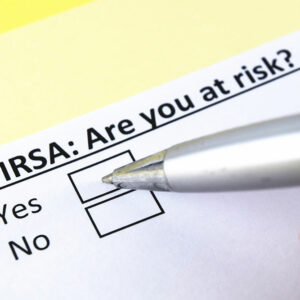
01
Causes and Symptoms of Allergy Cough
An allergic cough involves bronchi inflammation. This inflammation is mainly caused either by any allergen or by something you are allergic to. Most of the times, airway irritants like dust, mold, and pollen can trigger the allergy cough symptoms. This coughing caused by the allergy can not only last for quite a long time but also keep recurring. When allergic bronchitis lasts longer than almost three months, it is often known as chronic bronchitis. Along with the emphysema, this chronic bronchitis is also a part of the COPD (chronic obstructive pulmonary disease). However, patients may sometimes confuse this allergic reaction with the common cold. Without diagnosing the proper reasons behind the coughing, the right treatment is not possible. Hence, whenever you are experiencing a recurring cough that lasts for a long time, get an appointment with a healthcare professional for the best results. Here is a list of some of the causes behind this allergic cough along with some common allergy cough symptoms. Causes for coughing from allergies Usually, the coughing from allergies is caused by the overactive immune system that responds excessively to some specific substances to which the body becomes exposed! When your body mistakes the harmless substances for the harmful ones, it initiates the defense system of the body to ward off those substances resulting in the release of histamine, a chemical that is responsible for coughing, runny nose, nasal passage swelling, and sneezing. As a result, you start to experience the symptoms of having a cold without even catching a cold. If your family already has a history of allergies, you are most likely to develop this allergic cough. According to various medical study reports, if one of the parents has the allergy, there is a 33% chance that the children will have an allergy too.
Read More 










